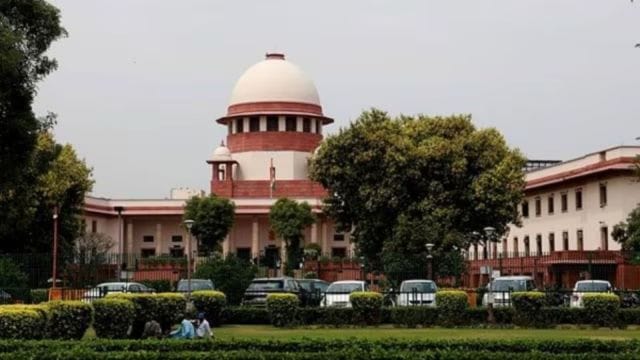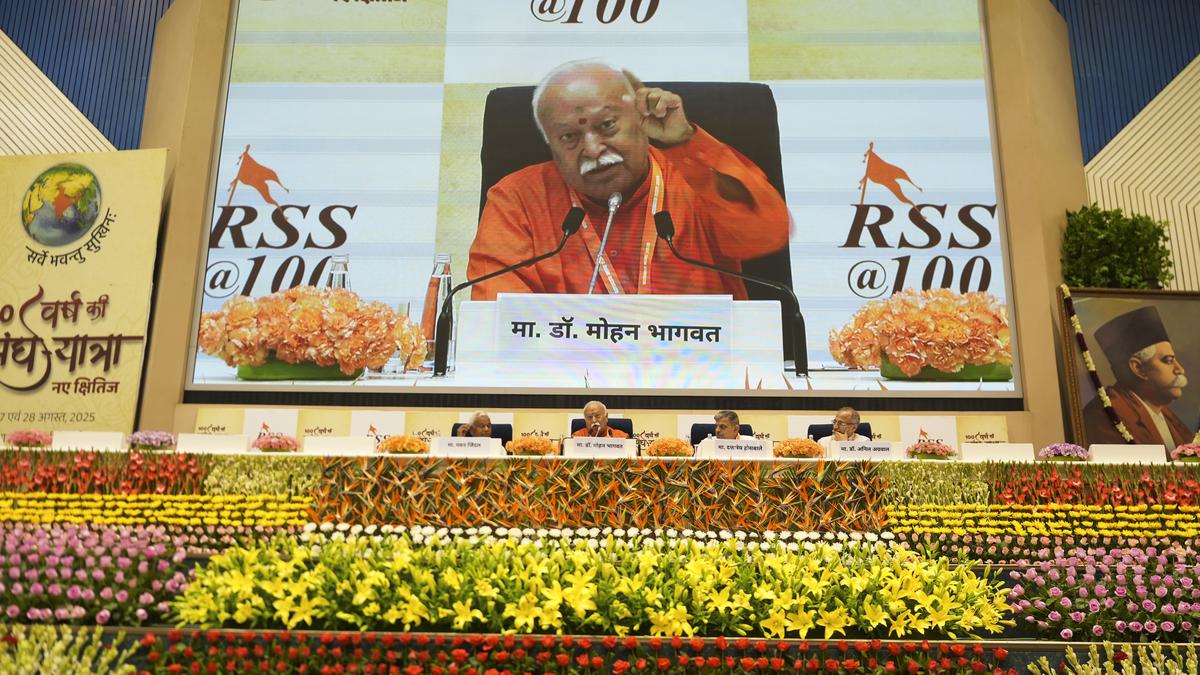ARTICLE AD BOX
 The five-judge bench is hearing a reference made by President Murmu in the wake of the top court fixing time limit for the President and Governor to act on Bills submitted by state legislatures.
The five-judge bench is hearing a reference made by President Murmu in the wake of the top court fixing time limit for the President and Governor to act on Bills submitted by state legislatures.
The Centre on Thursday told the Supreme Court that a state or even the Union government cannot file writ petitions against the actions of the President and Governors in dealing with Bills passed by Assemblies.
Appearing for the Centre, Solicitor General Tushar Mehta on Thursday told the Supreme Court that President Droupadi Murmu wishes to know the court’s view on whether states can file writ petition under Article 32 (Right to Constitutional Remedies) of the Constitution for violation of fundamental rights.
The five-judge bench of Chief Justice of India B R Gavai and Justices Surya Kant, Vikram Nath, P S Narasimha and A S Chandurkar is hearing a reference made by President Murmu in the wake of the top court fixing time limit for the President and Governor to act on Bills submitted by state legislatures.
Mehta told the bench Thursday that the President wished to press the questions on whether a state can file a writ petition, which is the legal remedy for enforcement of a fundamental Right, and the scope of Article 361 that provides immunity to the President and Governors from being answerable to courts for their actions.
Mehta said: “There are certain provisions in the Constitution which provide for exclusive jurisdiction and bar the jurisdiction and judicial power of the Supreme Court. For instance, the judicial power of the Supreme Court under Article 131 (original jurisdiction of the SC) is subject to the provision under Article 262 (adjudication of disputes relating to water, of inter-State rivers or river valleys). Article 32 jurisdiction is hence barred by Article 131.”
He argued that Part III of the Constitution (fundamental rights chapter) “deals with rights that are conferred by the Constitution on citizens and persons against the state or state actors” and “does not confer any rights on the State, rather protects the citizens/persons against State actions”.
He added that “Article 32 can only be invoked for the enforcement of fundamental rights conferred/recognised by Part III” and “violation of a Part III right is a sine qua non for filing of Article 32 petition”. He said that given this, a state which does not have any fundamental rights cannot file a petition under Article 32 for any purpose whatsoever.
Story continues below this ad
The Tamil Nadu government, meanwhile, opposed the Centre’s argument that a governor can withhold a Bill. It said the contention was the outcome of an incorrect reading of the 1975 ruling in Shamsher Singh v State of Punjab.



.png)
.png)
.png)

























 English (US) ·
English (US) ·